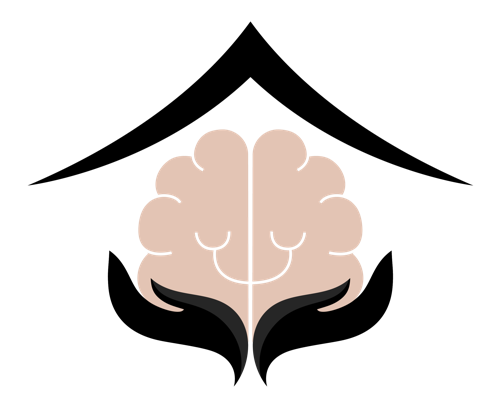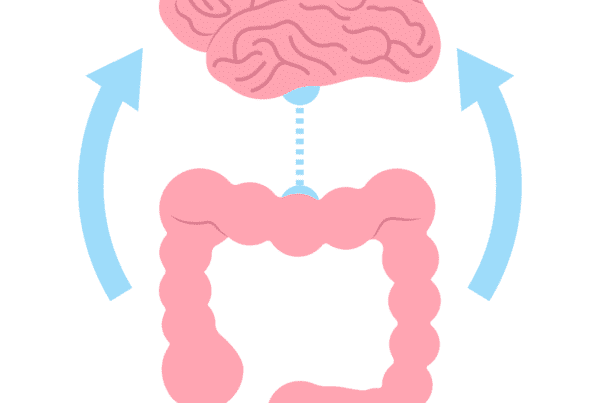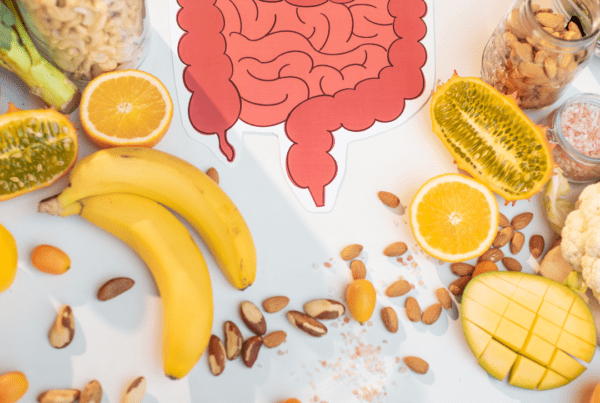
In the complex matrix of factors contributing to overall well-being, the role of nutrition is paramount. Amidst our fast-paced and often nutritionally compromised lifestyles, supplements and vitamins emerge as critical allies in maintaining and enhancing physical and mental health. This post delves into the importance of supplementation and highlights some of the most beneficial vitamins and supplements linked to mental health improvement.
The Foundation of Health: Nutrients and Their Impact
The human body is a sophisticated organism that requires many nutrients to function optimally. These nutrients, which include vitamins, minerals, amino acids, and fatty acids, are essential for everything from cellular repair and energy production to brain function and immune defense. While a balanced diet is the cornerstone of good health, the reality is that many individuals may fall short of meeting their nutritional needs through food alone. This is where supplementation can play a pivotal role.
Bridging the Nutritional Gap: The Role of Supplementation
Supplementation serves as a bridge, filling nutritional gaps and ensuring the body has what it needs to perform at its best. Supplements can offer additional support for those dealing with physical or mental health conditions, potentially alleviating symptoms and enhancing quality of life. It’s crucial to approach supplementation with care, ideally under the guidance of a healthcare professional, to tailor choices to individual needs and avoid potential interactions with medications or other supplements.
Key Supplements for Mental Health
Several vitamins and supplements have been linked to improved mental health outcomes. Here are some of the top contenders:
- Omega-3 Fatty Acids: Found in fish oil and flaxseed oil, omega-3s are vital for brain health. They have been shown to improve mood and cognitive function and are linked to a reduced risk of depression and anxiety.
- Vitamin D: Often known as the “sunshine vitamin,” Vitamin D plays a crucial role in mood regulation and brain health. Low levels of Vitamin D have been associated with an increased risk of depression.
- Magnesium: This mineral is essential for many biochemical reactions in the body and is vital for brain function. Magnesium supplementation can have a calming effect and is often used to reduce anxiety and improve sleep quality.
- B-Vitamins: The B-complex vitamins, including B6, B12, and folic acid, are essential for neurological function and the synthesis of neurotransmitters. Deficiencies in these vitamins have been linked to increased depression and anxiety.
- Probiotics: The gut-brain axis is a significant area of research, with growing evidence that gut health significantly impacts mental health. Probiotics can help maintain a healthy gut microbiome, which may support improved mood and cognitive function.
- Zinc: Zinc plays a crucial role in neurotransmitter function and brain health. Supplementation with zinc has been found to have antidepressant effects in some studies.
- S-Adenosylmethionine (SAMe): SAMe is a compound naturally produced in the body that is involved in the formation, activation, or breakdown of other chemicals, including hormones, proteins, phospholipids, and certain drugs. It has been used as a supplement to treat depression and improve mood.
A Balanced Approach to Supplementation
While supplements can offer significant benefits, they are most effective when used as part of a comprehensive approach to health that includes a nutritious diet, regular physical activity, adequate sleep, and stress management techniques. It’s also crucial to consult with a healthcare provider before starting any new supplement regimen, especially for individuals with existing health conditions or those taking medications.
Conclusion
Supplements and vitamins can play a vital role in bridging nutritional gaps and supporting physical and mental health. By carefully selecting and incorporating specific nutrients into one’s daily regimen, it is possible to enhance well-being and potentially mitigate some symptoms associated with certain mental health conditions. Remember, supplementation should complement, not replace, a holistic approach to health and wellness.
_____________
Disclaimer: The information provided in this blog post is for education and informational purposes only and is not intended as medical advice. While the benefits of certain supplements and vitamins for mental and physical health have been supported by research, individual needs and responses can vary widely. Before starting any new supplement regimen, it’s crucial to consult with a healthcare professional to ensure it’s appropriate for your specific health condition and circumstances. This is especially important for individuals who are pregnant, nursing, have existing health conditions or are taking prescription medications, as certain supplements can interact with medications and may not be suitable for everyone. Always seek the advice of a qualified healthcare provider with any questions you may have regarding a medical condition or treatment.



